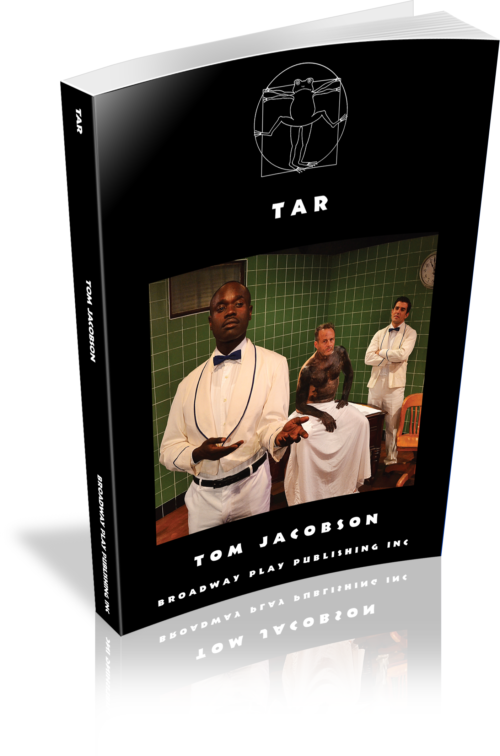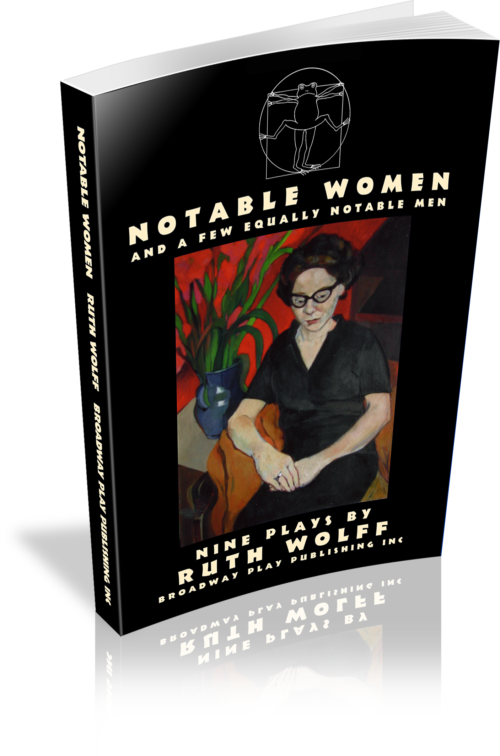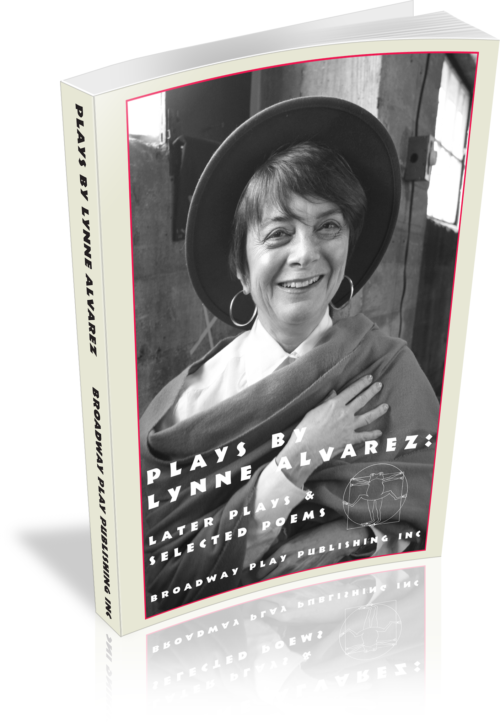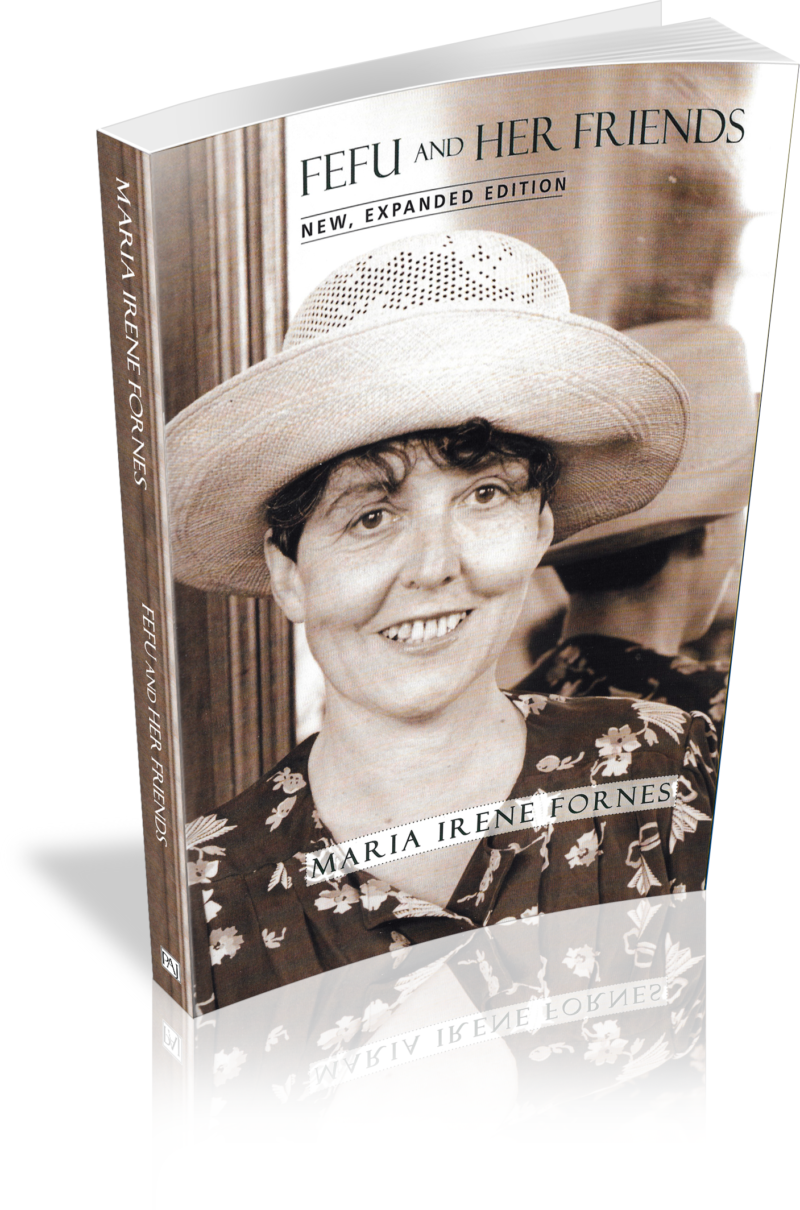
Fefu and Her Friends (Single Stage Version)
$18.95
Note
This expanded edition of FEFU AND HER FRIENDS includes the original version of the play, which takes place in five different environments, as well as a one-set variation, conceived and directed by the author two decades after the original 1977 production. Both the original and the single set version are available for licensing.Description
One of Off-Broadway’s best-loved plays, originally directed by the author. The audience follows the lives of eight women. For this play, María Irene Fornés received one of her nine Obie awards.
Production Info
Full Length Drama (about 120 minutes)
Multiple Sets
Contemporary Costumes
Press Quotes
“A wonderful, important play.” —Susan Sontag
“Fornés is America’s truest poet of the theater.” —Erika Munk
“An extraordinary play of uncommon insight and wit.” —Los Angeles Herald Examiner
“One of the most powerful plays written about the mysteries and shared hallucinations of the female experience.” —LA Weekly
“A key work of the American avant-garde.” —Jesse Green, New York Times
“There is Fornés in everything … Just go to any new play, and I promise you — Fefu will be there … You could luxuriate in these scenes for days, listening to the sound of women’s voices, watching as they charge their work and idleness with various kinds of love.” —Helen Shaw, Vulture
“A landmark of feminist theater … FEFU AND HER FRIENDS isn’t falsely consoling, but it does uphold a community’s potential to health identities that have been battered and bruised by the larger society.” —Charles McNulty, Los Angeles Times
“FEFU AND HER FRIENDS offers abundance, daring and vision … [The play] remains an auspicious achievement. It creates the magical sense that theater is happening all around you. It gently floats toward you fearless, poetic thoughts about desire, men, friendship and social class that thrill when spoken aloud.” —Lily Janiak, San Francisco Chronicle
“Though written in 1977, the message of FEFU AND HER FRIENDS remains ever the same: women don’t know what to do with feminism. Or rather, they don’t know what to do with themselves. It’s a strange, unsettling play, not least because the strong women characters are at a loss with each other and with themselves. Without a man to center around, they disintegrate into cattiness and then madness. Fefu is probably deranged to begin with. She ‘pretends’ to shoot her husband with a gun that may or may not be loaded. She likes men better than women and in fact finds women ‘loathsome.’ Fefu and her friends are a group of society women, circa 1935. They’re bored and affected in the manner of wealthy women who have too much free time. The play begins with plans for a charity benefit being planned at Fefu’s New England estate. During the second part, four different scenes play simultaneously in four different rooms. The audience is led around to each in no particular order. In the final act, the women turn giggly, then bitchy, and then everything takes a tragic turn. Though not a realistic play neither is it strictly allegorical…at the heart of the play [is] ‘a provocative statement about women to this day.’ Fornés’s self-loathing, self-doubting women only gradually come to understand the glossy surface and the dark underbelly that is the dual reality of their lives. It’s thought-provoking but challenging, not for those who enjoy escapism in their theatre.” —Jenny Sandman, Curtain Up
Author
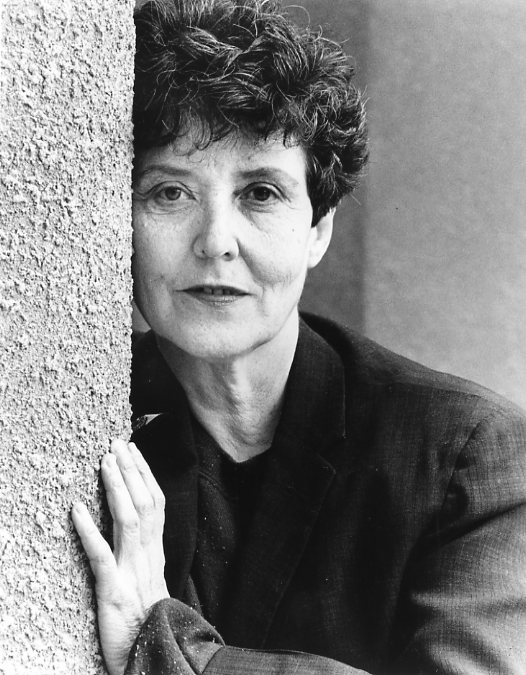 María Irene Fornés
María Irene FornésFornés was born on May 14, 1930, in Havana, Cuba, to Carlos Luis and Carmen Hismenia Fornés. After her father died in 1945, she moved with her mother and sister to the United States, becoming a naturalized U.S. citizen in 1951. From 1954 to 1957, Fornés lived in Paris, studying to become a painter. However, after attending a French production of Samuel Beckett's WAITING FOR GODOT, Fornés decided to devote her creative energies toward playwriting. Upon returning to the United States, she worked for three years as a textile designer in New York City. THE WIDOW, Fornés's first professionally produced play, was staged in 1961. Fornés acted as the director for many of her subsequent works, including THERE! YOU DIED (1963; later retitled TANGO PALACE, 1964), THE SUCCESSFUL LIFE OF 3: A SKIT IN VAUDEVILLE (1965), and MOLLY'S DREAM (1968), among others. In 1973 she founded the New York Theatre Strategy, which was devoted to the production of stylistically innovative theatrical works. Fornés has held teaching and advisory positions at several universities and theatrical festivals, such as the Theatre for the New City, the Padua Hills Festival, and the INTAR (International Arts Relations) program in New York City. She received eight Obie awards — in such categories as distinguished playwriting and direction and best new play — for PROMENADE (1965), THE SUCCESSFUL LIFE OF 3, FEFU AND HER FRIENDS, THE DANUBE (1982), MUD, SARITA (1984), THE CONDUCT OF LIFE, and ABINGDON SQUARE (1987). Fornés received numerous other awards and grants for her oeuvre, including Rockefeller Foundation Grants in 1971 and 1984, a Guggenheim Fellowship in 1972, National Endowments for the Arts grants in 1974, 1984, and 1985, an American Academy and Institute of Letters and Arts Award in Literature in 1986, and a Playwrights U.S.A. Award in 1986. She also produced several original translations and adaptations of such plays as Federico Garcia Lorca's BLOOD WEDDING (1980), Pedro Calderón de la Barca's LIFE IS A DREAM (1981), Virgilio Piñera's COLD AIR (1985), and Anton Chekhov's UNCLE VANYA (1987). She died in New York City on October 30, 2018.
Book Information
| Publisher | PAJ Books |
|---|---|
| Publication Date | 7/1/2017 |
| Pages | 88 |
| ISBN | 9781555541637 |
Special Notes
Originally produced by the New York Theater Strategy
by special arrangement with Broadway Play Publishing Inc, NYC
www.broadwayplaypublishing.com
